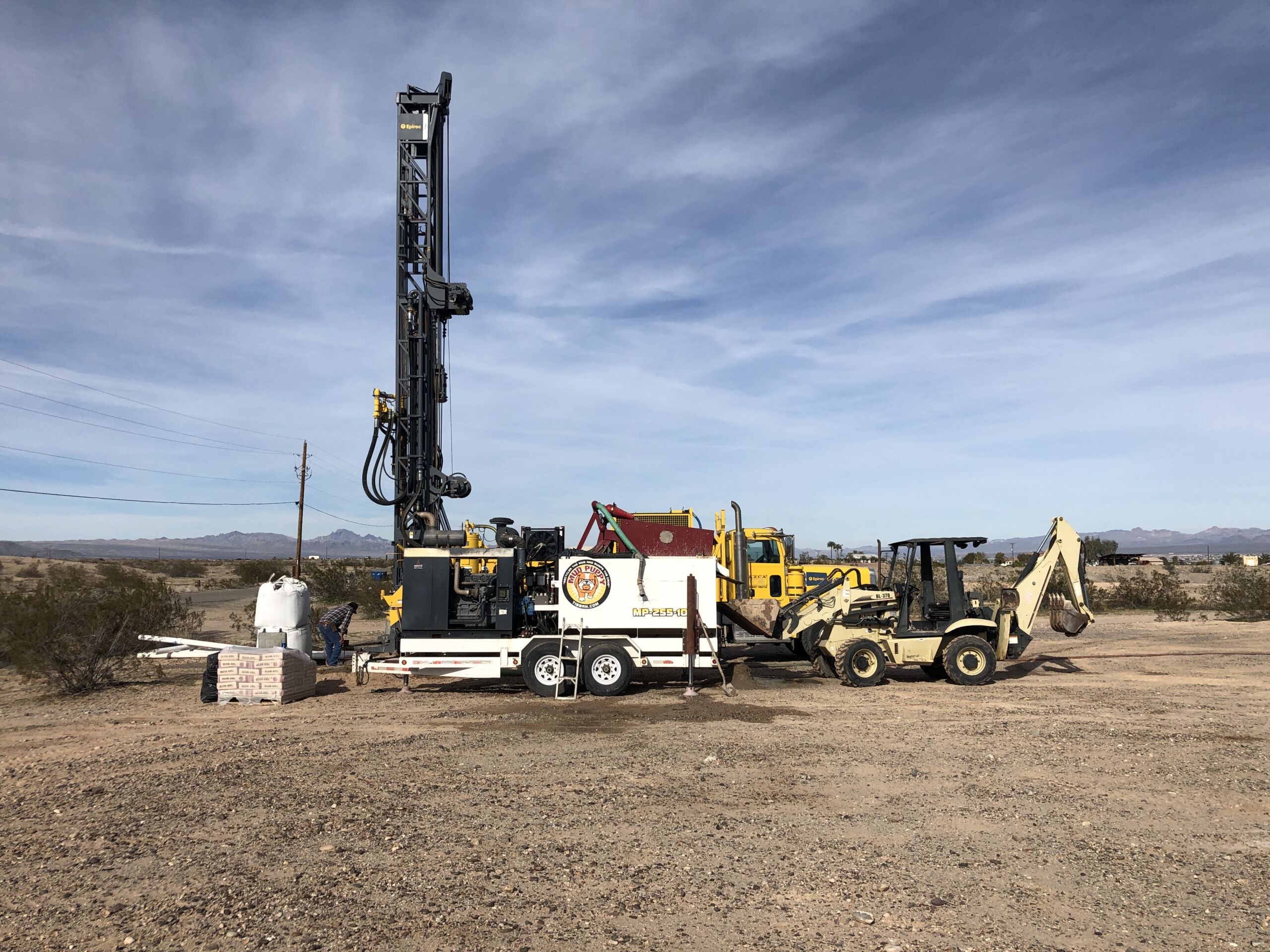New Hampshire Water Well Drilling Contractors
Find qualified Water Well Drilling contractors in New Hampshire using our contractor lookup tool. Learn more about NGWA Contractor Certifications here.
Capital Well Company Inc
Dunbarton, NH 03046-4710
United States
Contoocook Artesian Well Co
Henniker, NH 03242-3342
United States
Tasker's Well Company Inc
Northwood, NH 03261-0500
United States
Skillings & Sons LLC
Amherst, NH 03031-2306
United States
Justin Skillings
Amherst, NH 03031-2306
United States
Caswell Pump Co Inc
Temple, NH 03084-4301
United States
Comac Pump & Well Co LLC
Kingston, NH 03848-3313
United States
American Water Systems Inc
Center Harbor, NH 03226
United States
Thomas & Son Artesian Well Co
Center Harbor, NH 03226-1283
United States
McKinney Artesian Well & Pump Supply Company Inc
Plaistow, NH 03865-2407
United States
Find Water Well Drilling In
Frequently Asked Questions
What is a drilled well?
A drilled well consists of a hole bored (a borehole) into the ground, with the upper part or the entire depth of the well being lined with casing. Drilling is most typically conducted with a portable drilling machine brought to the site to construct the borehole. Various methods are used to advance the borehole to the necessary depth, and to remove formation material loosened and suspended by the drilling bit and fluid circulation or bailing system.
Read moreDoes water well drilling require a license?
In the United States, most states require licensing of water well contractors, and in most cases, this means that licensed contractors have passed tests and met certain professional requirements to obtain their license. Canadian provinces, Australian states, and New Zealand also use qualification-based licensing. To find out if a contractor is licensed, contact your state government (licensing is often handled by the Department of Natural Resources or Department of Health).
Read moreWhat is a Certified Well Driller (CWD)?
The Certified Well Driller (CWD) designation from the National Ground Water Association (NGWA) encompasses general industry knowledge as well as practice and expertise in at least one well drilling method.
To achieve NGWA certification, contractors must pass exams testing their technical knowledge, and they must have at least twenty-four consecutive months of full-time groundwater contracting experience. They maintain their certification by obtaining continuing education credits annually.
Read moreNew Hampshire Groundwater and Water Well Statistics
Few states can accurately or confidentially determine how many residential wells are in place. For each region, the American Housing Survey by the U.S. Census provides regional data.
New Hampshire is found in the Northeast, along with these other states: Maine, Vermont, New Hampshire, Massachusetts, Connecticut, Rhode Island, New York, New Jersey, and Pennsylvania.
The last American Housing Survey Census indicates this region had 3,210,0002 households served by residential wells, with an average of 2.473 persons per household. The USGS estimates the population of self-supplied water supply users in New Hampshire to be 497,000, with 100% of their water supply from groundwater.
- 658 community water systems use groundwater for 358,600 people
- 470 non-community, non-transient water systems use groundwater for 83,900 people
- 1,374 non-community, transient water systems use groundwater for 244,500 people
- 456 irrigation wells used serving 341 farms and 1,220 acres
Water Well Drilling Articles and Resources
Mud Rotary Drilling Method: What You Need to Know By Gary L. Hix, R.G., CWD/PI There are many different ways to drill a domestic water well. One is what we call the “mud rotary” method. Whether or not this is the desired and/or best method for drilling your well is something more fully explained in this brief summary. Air and water are both fluids […]



